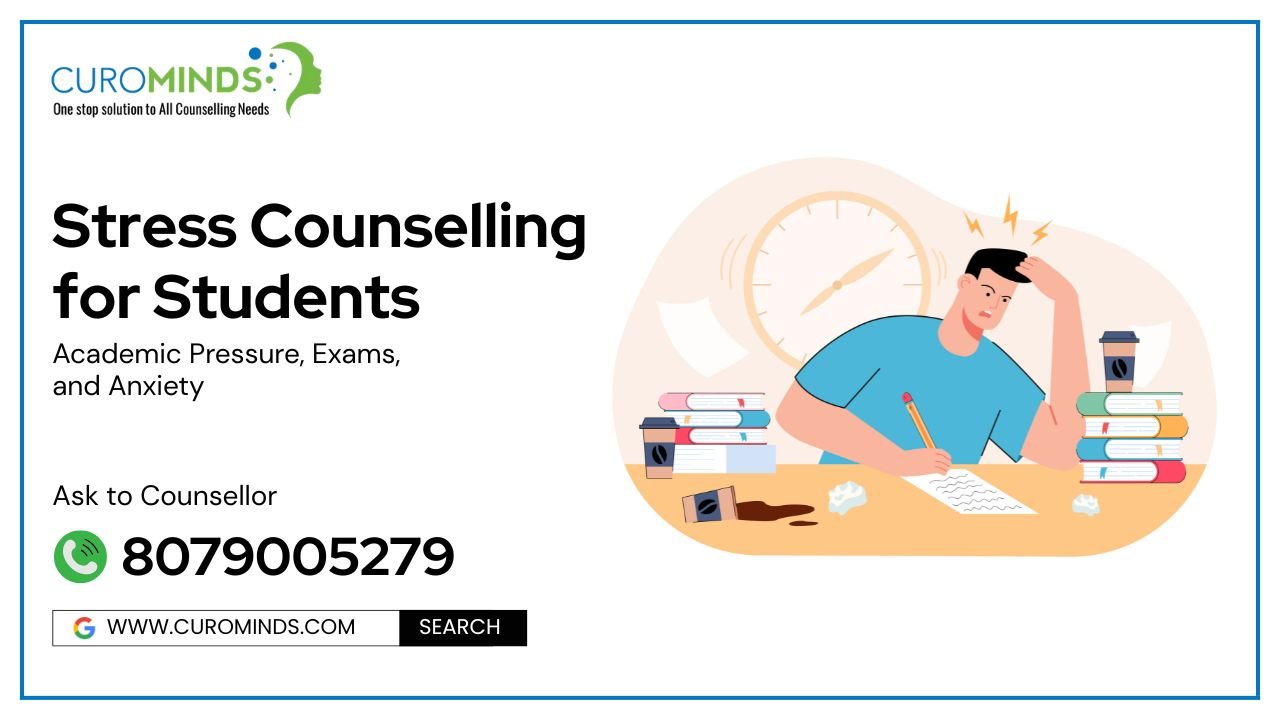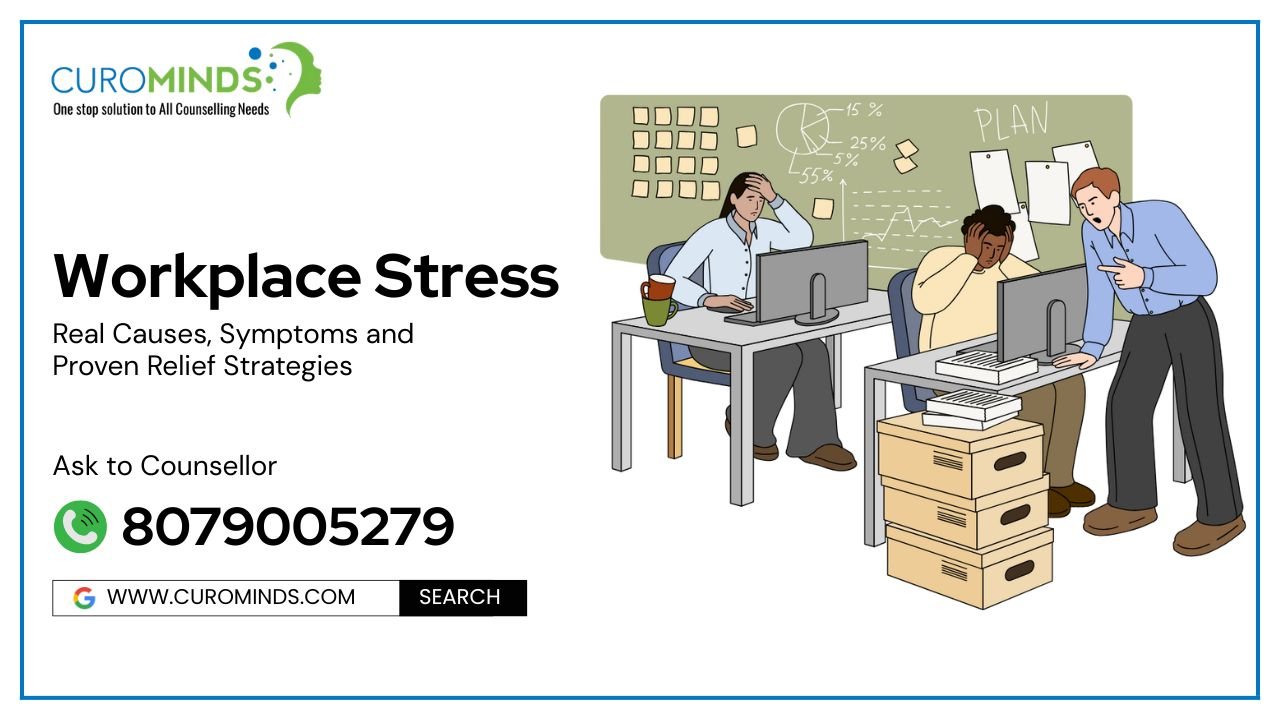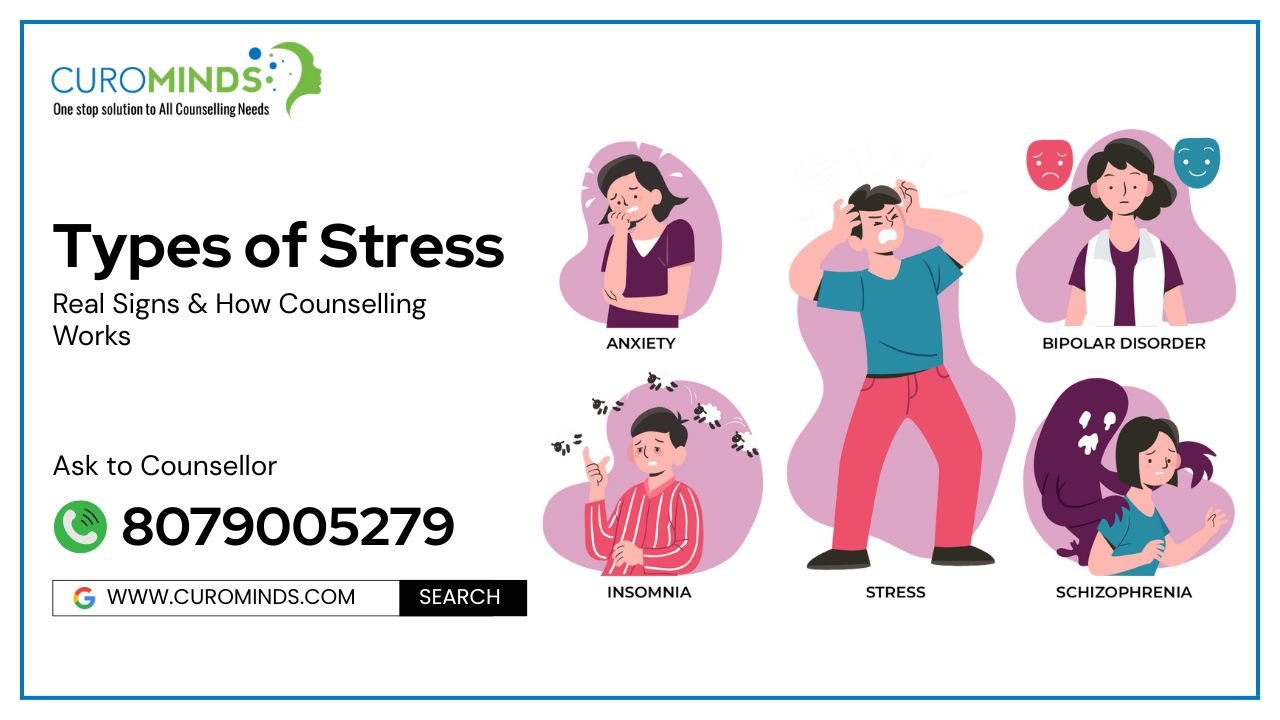Have you ever considered changing jobs? If so, this article is for you. Stagnation is undoubtedly the enemy of progress, but again, changing jobs is a big step, so the risks you take need to be calculated wisely. There is no deadline for changing jobs, but it is definitely easier to change jobs in your 20s than in your mid-30s or early 40s. Writing down all possible scenarios and things you might encounter during this change will make things much easier and give you a clearer vision. So there are some things to consider before making this decision.
- Contemplate the reasons behind this decision.
First and foremost, ask yourself why you want to make this career change. Is it money, status, fame, profit, etc.? If you can truly answer that question, you’ve at least come a long way. Because you can point your eyes in the right direction. It also increases your resilience when you find yourself in a difficult situation because you always remember your “why.”
- Whether it’s the career change you really want or just the job and employer you want to quit.
Working in a place that doesn’t make you happy can make you feel negative about your work. Before considering a career change, you should ask yourself if you don’t like your current job or if you simply don’t like your employer. If you still love your job, it’s probably the work environment that’s making you wonder if you should continue in this field.
Whether you are willing to start at the bottom.
A career change to something you’ve never done before means throwing away all your years of experience and starting from scratch. At this point you are again at junior level in this new job
- The lifestyle compromises you have to make.
One of the most important factors when making a career change is financial issues. First of all, since you are starting from scratch, you need to know that your income may and will certainly decrease must be secured. Even with financial constraints, lifestyle adjustments are necessary. There are a few things we have to cut back on. You won’t be able to travel often or enjoy fancy dinners. There are many other things to consider. The question is, are you really willing to compromise?
- How much you are willing to invest in yourself.
Starting a career with no experience means you have a lot of work to do. With this in mind, you need to remember that you have to work on your skills and learn a lot, whether it’s a course, a diploma, or at least reading more books on your new field.
Terms of employment
Estimate the difference between your current salary package and what you will receive at your new company. Wage package figures can be exaggerated, giving the wrong impression and misleading employees to take the job. But remember, even if the pay is good, you still need to get to know your new organization well enough before you can accept the job. Ask yourself if you are fully prepared for additional tasks
Reasons for changing jobs vary and are largely arbitrary, depending on individual perceptions, likes and dislikes. However, it is desirable to have a clear reason for changing jobs. Changing jobs is an important decision that can affect your career and future plans. Changing jobs can affect your career and future, so it’s a good idea to have a clear reason for changing jobs.
CURO MINDS provides expert career counselling services to help individuals discover their true potential, explore career options, and make informed decisions about their future. Our certified career coaches offer personalized guidance and support to help you achieve your career goals and find fulfillment in your professional life. Contact us now to start your journey towards a successful career.














